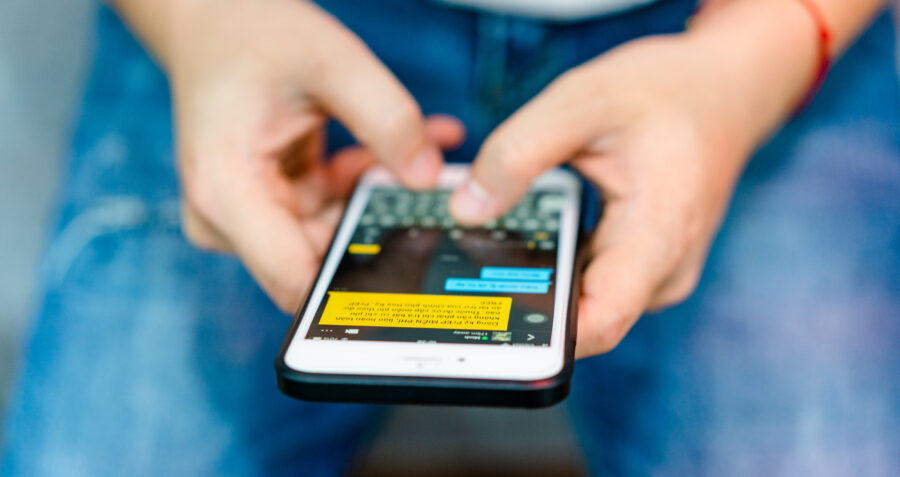Dating apps for online outreach

Key information
- Organisation: Society for Inclusion and Development in Communities and Care for All (SIDC) and OPV
- Country: Lebanon
- Region: Middle East and North Africa
- Stage of innovation: Stage 3: Pilot
- Start date: 2019
- End date: 2021
- Type of innovation: Services delivery innovation: new or different way of providing a service
- Funder: Global Fund, National AIDS Programme, UNICEF, UNFPA, ECHO and IPPF
Summary of intervention
Among the many challenges that COVID-19 presented, peer outreach workers were unable to meet clients from marginalised populations face-to-face to provide much-needed information, referrals and someone to talk to.
Through the Nadoum – Together for Change Programme — during lockdowns, MENA partners, SIDC and OPV (Lebanon) used mobile dating apps to reach LGBT+ communities, male and female sex workers, and men who have sex with men, refugees, and the heterosexual community. Apps included Tinder, Scruff, Growlr, Bumble, Daddyhunt, Grizzly, Tagged, Spicy, Grindr, Hornet, Blued, Fitgorilla and Badoo.
Trained peer outreach workers created profiles that clearly communicated they were there as an organisation providing information and support, and not for dating purposes. In this way, they continued their work to share information on diverse topics, including sexual and reproductive health, HIV and other sexually transmitted infections (STIs), substance use, sexual orientation, gender identity and expression, mental health, and gender-based violence (GBV). They were also still able to signpost to services, such as free counselling and testing, mental health, legal and social support, and ways of accessing commodities, such as condoms, vaccinations, and harm reduction kits.
Throughout 2021, a total of 524 online sessions reached 7,929 people. Testimonials from peer outreach workers show that this was an innovative and effective way for them to continue to support their clients. Through the apps, more people are now reaching out to services.
learnings
One of the advantages of this approach was it reached people who may not have sought health information because they are far away from health centres or they fear stigma and discrimination. Through the apps, they could talk to someone anonymously, without fear of identification or embarrassment, and could ask anything – especially on topics that are often considered taboo.
Some people were surprised to find profiles raising awareness of STIs, Drugs, GBV etc on a dating app, and some felt ‘invaded’ and reported the profiles, resulting in them being deleted. This was problematic, as reinstating profiles takes time and chat histories are lost.
next steps
In some circumstances, governments have banned 3G/4G connection for Grindr, which is considered the most used LGBT+ dating app. There is an increase in the number of people needing mental health support, and at risk of suicide. SIDC’s team is untrained to conduct suicidal risk assessments but has made referrals to Embrace — the national lifeline for emotional support and suicide prevention.
Most apps were very welcoming of the initiative, but some require payment.
sustainability
SIDC will carry out an evaluation of its current online outreach programme and develop a guide for effective use of digital platforms for HIV and drug use prevention, which will be shared with other organisations that want to initiate similar programmes. Due to its success, SIDC will be developing standard operating protocols and train more peer outreach workers on this approach.
Find out more information on SIDC.

